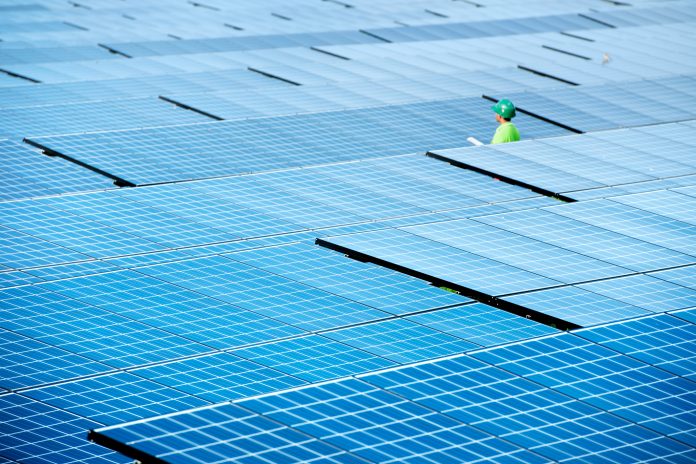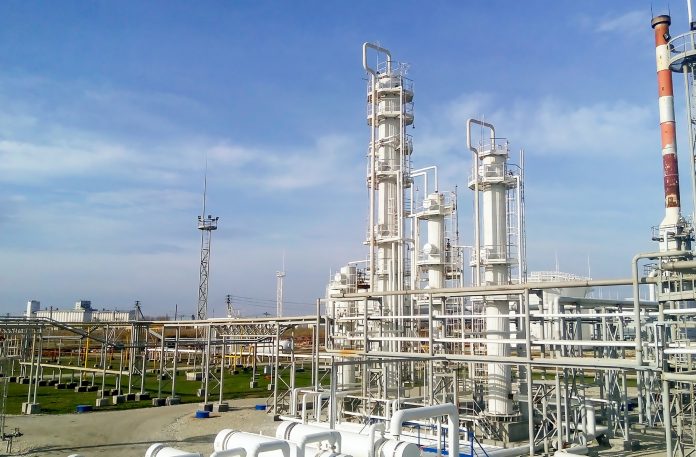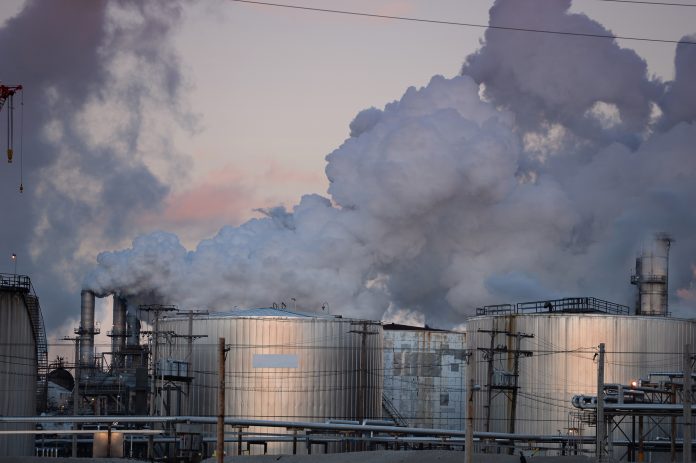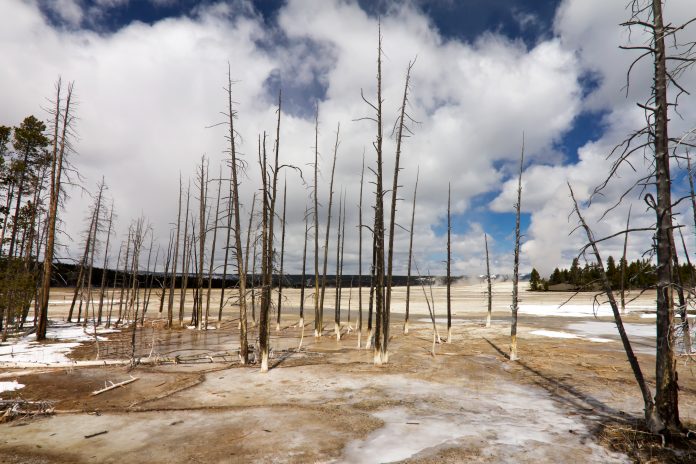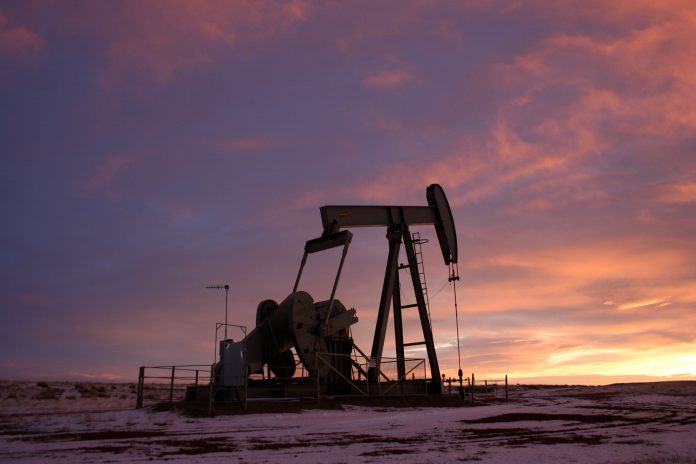Carbon Emissions refer to the release of Carbon Dioxide gas into the atmosphere. CO2 is produced through the burning of carbon based fossil fuels such as the coal, fuel and oil used in most homes and power stations. Petrol, diesel and jet fuel also produce high levels of CO2.
CO2 is a greenhouse gas meaning it traps the heat from the sun in the atmosphere and warms the earth. However, the increasing levels of CO2 are the causes of the surface temperature increase related to Global Warming.
Carbon Footprint
The amount of Carbon Emissions you release into the atmosphere is known as your Carbon Footprint. The amounts of electricity and fuel used equate to your footprint. The main additions to your carbon footprint come from, how you travel on a daily basis, the amount of electrical appliances you use and the type and amount of electricity you use at to heat your home.





